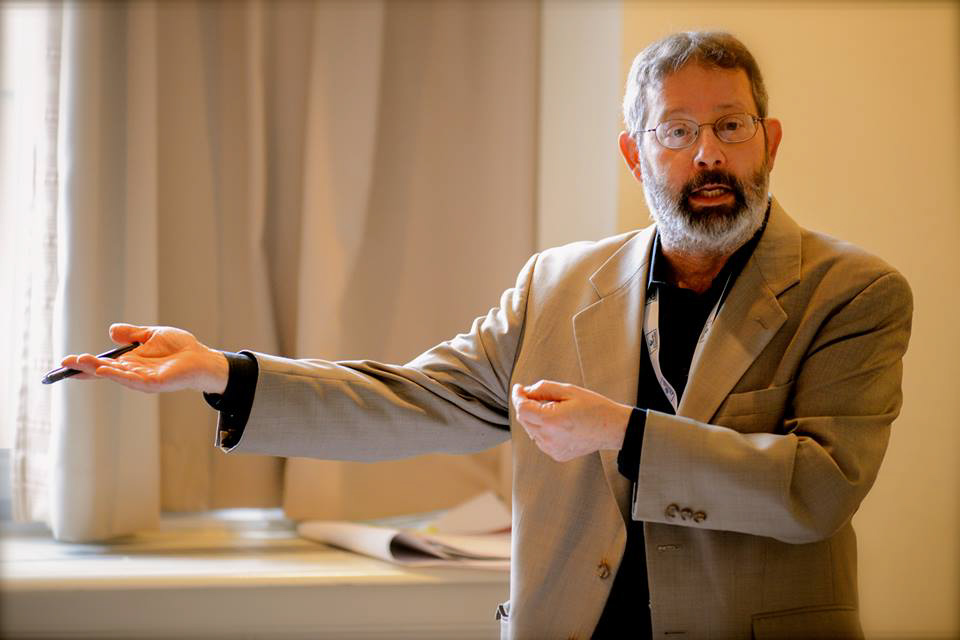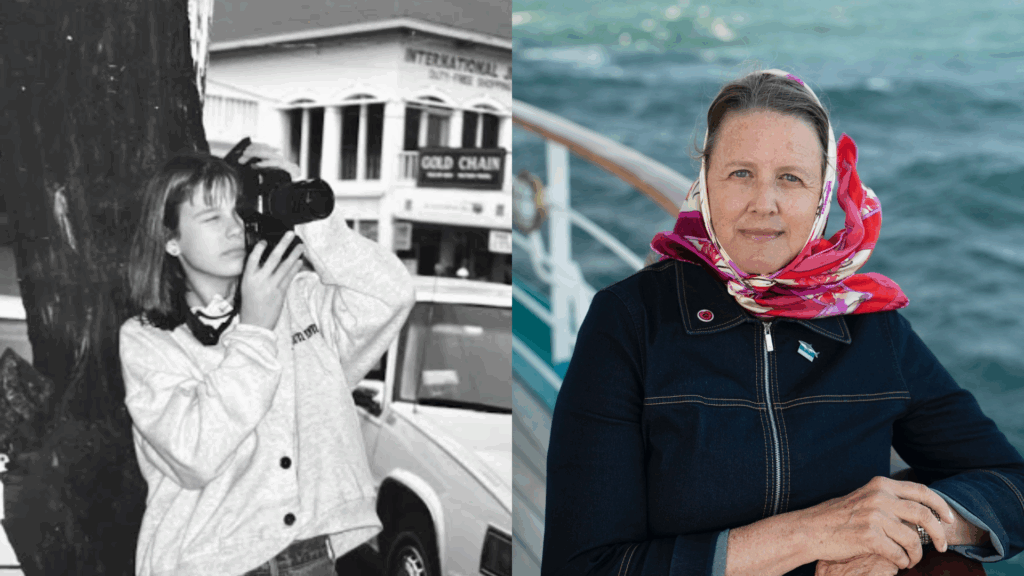
As the MV World Odyssey sailed away from the coast of Africa at the start of November, its lights cast a strong glow over the waters of the Atlantic. Although a beautiful site, this glow of electrical power troubles students like Nikhil Bansal, Presidential Scholar on the Fall 2015 Voyage, who are concerned about the usage of electricity in today’s highly technological world.
Not only concerned with energy consumption on the ship, Nikhil has constructed a project aimed at comparing the impacts of the electricity crisis in each of the 11 nations that Semester at Sea visits during the semester. To more closely examine this worldwide issue, Nikhil began his voyage with the intention of surveying middle class people in every port about their electricity habits and accessibility.
The inspiration for this project came from his own personal struggles with electricity growing up in Delhi, India, and then from his experience studying Economics at Mississippi University. As he recalls from his childhood in India, Nikhil says electricity was, and continues to be, a major problem, not only in the rural parts of the country, but in the cities as well. He remembers times when electricity cutoffs would occur at his school and during the summer, rendering people without air conditioning in the intense heat.
In contrast, his time studying in the United States showed him an entirely different perspective on how other nations understand energy consumption and accessibility. “People in the U.S. have electricity everyday and they leave the lights on all night, and its such a waste,” Nikhil said, “But they do not realize it because they don’t have to experience electricity cutoffs.”
“I’ve had this idea in my mind for a long time, how different the value and usage of electricity is between different countries,” he said. “And I want people to look at this project and compare their experience to someone else’s life, and through this understanding they can improve their own electricity consumption.”
While in port Nikhil engaged with locals, usually of middle class status, about their access to electricity, their perspective on the importance of electricity, and what they would miss most if the electricity crisis continues to grow. He was eager to compare the understanding of energy consumption between developed nations like those in Europe and developing areas like those in Africa and South America.
“From what I’ve seen in developing nations, there aren’t really issues around electricity and it is widely affordable,” Nikhil said. “They are also going above basic energy using solar panels in their homes, which allows them to access electricity at a cheaper rate.” This was vastly different in comparison to a nation like Morocco, where in rural areas “people were living with one light bulb and it was clear that electricity is a luxury.”
Nikhil said he saw the most dramatic difference between nations in Senegal where he spoke with his guide, who is also a professor at a university in Dakar. This professor informed Nikhil that on average there is an energy cutoff every two weeks, which he calculated to be 25 days out of the whole year that there are electricity cutoffs in Senegal.
The professor also said that the precedents for energy conservation have changed, but that no tangible improvements are being made to address the problem. Nikhil attributed this lack in improvement to the importance of focusing on more basic needs, like food and water, which have to be satisfied.
Nikhil believes that if people focused on improving the availability of electricity, people could really enhance their standard of living because it would increase GDP, especially in developing nations like Senegal as people could work for more hours and put in better technology for irrigation and agriculture.
“It would really help them in the long run,” he says, “And the quality of living would really improve in individual lives. If the middle class has better access to electricity then it will help the overall country, which will give rise to the rural class as well.”
As for the developed countries he visited in Europe, Nikhil says, “they have no complaints or restriction on electricity. They have the ability to improve technologies and they are progressing much faster and developing nations are trying to catch up.”
Seeing this division among nations firsthand, Nikhil hopes that his findings will better inform people on the value of electricity and the importance in using it conservatively.
“If people don’t stop wasting electricity and putting pressure on natural resources, electricity cutoffs will be a worldwide issue,” Nikhil says. “Rich nations don’t understand the value of electricity resources, but poorer nations do because they have had to exist without it.”
Nikhil also says, “people as a whole need to conserve, especially in developed countries where they should be more conscious of those who don’t have it. I want there to be more equality in electricity supply so that people will be able to achieve their basic needs. We’d also be able to minimize other problems that stem out of a lack of electricity, such as poor sanitation and health care.”
Nikhil believes this project has made his Semester at Sea experience so much more interesting because at the end of the voyage he will be able to look back and see that he’s learned about human experience around a common issue in every port.
“The best part was I got to interact with a lot of new people and got to know about their life a little bit. I’m really interesting in sharing this project and when I tell people about it, it creates a sense of shared community,” Nikhil says. “I hope it will make an impact on people they will be able to appreciate that electricity is a privilege that some people can’t attain, and with this knowledge they’ll make a difference in their own lives.”


